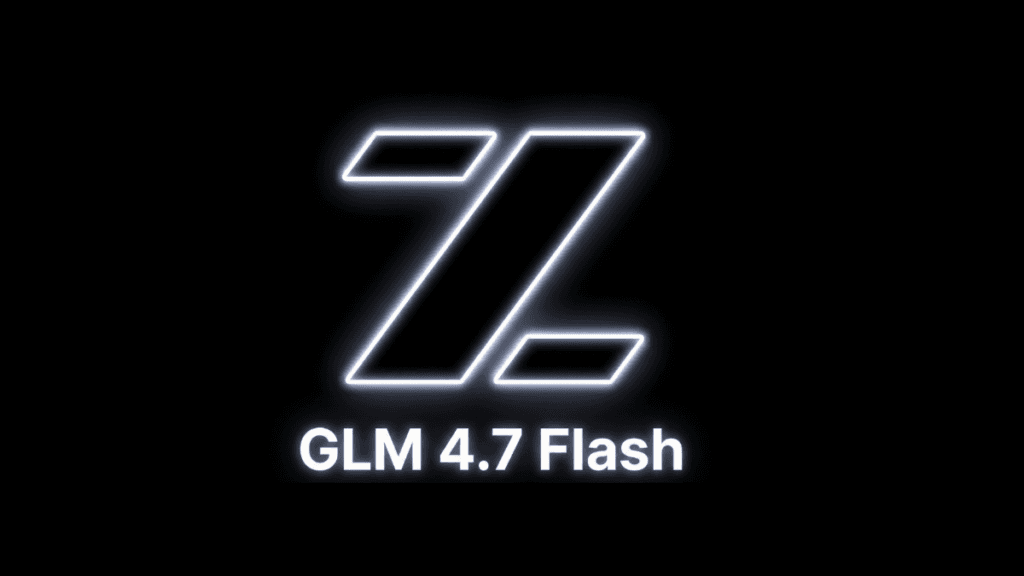
Boost Vibe Coding with Cursor Dynamic Context
Learn how Cursor’s Dynamic Context Discovery makes AI coding faster and smarter by loading relevant context on demand for better developer workflows.
Claude Code and OpenAI Codex are transforming software development with powerful code generation and understanding capabilities.

AI-driven coding assistants are transforming how developers write, refactor, and maintain code.
Two of the most advanced tools leading this revolution in 2025 are Claude Code by Anthropic and OpenAI Codex.
While both aim to streamline software development, they take distinct approaches and offer unique strengths.
Here’s an in-depth look at how they compare and when to use each.
Claude Code is Anthropic’s agentic coding tool designed for direct integration into command-line workflows.
Released as a research project, it offers developers a flexible, scriptable, and highly customizable way to leverage the Claude 3 model for coding tasks.
Unlike many AI tools that impose rigid workflows, Claude Code is intentionally low-level and unopinionated, allowing engineers to tailor its use to their specific needs.
OpenAI Codex is OpenAI’s answer to AI-powered software engineering, available as both a cloud-based agent and a command-line interface (Codex CLI).
Built on the codex-1 model (a fine-tuned version of OpenAI’s o3 model for software engineering), Codex is optimized for raw coding power and multi-language support.

Claude Code and OpenAI Codex are redefining what’s possible in software development.
Whether you need deep reasoning and documentation
(Claude Code - https://www.anthropic.com/claude-code) or sheer coding power and privacy
(OpenAI Codex - https://openai.com/blog/openai-codex), these tools offer unprecedented support for modern developers.
As both continue to improve, expect even greater integration of AI into everyday coding workflows—freeing up engineers to focus on creativity and problem-solving.
Continue exploring these related topics

Learn how Cursor’s Dynamic Context Discovery makes AI coding faster and smarter by loading relevant context on demand for better developer workflows.

Discover Claude Coworker, Anthropic’s new AI feature that helps automate work tasks and manage files like a virtual coworker. Research preview now available.

Flash is open-weights and local-ready. FlashX is the hosted speed tier. Compare stats, context length, pricing, and best use-cases.